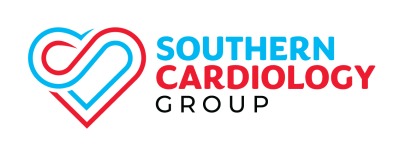- Home
- About
- Meet the team
- Learn
- Conditions Treated
- Consulting
- Diagnostic and Imaging Services
- Electrocardiogram (ECG)
- Echocardiogram
- Stress Echocardiogram – via Frankston Hospital
- Transoesophageal Echocardiogram (TOE) – via Frankston Hospital and Peninsula Private Hospital
- Ambulatory Blood Pressure Monitoring – via Frankston Hospital
- Ambulatory Holter Monitoring
- Implantable Loop Recorders for long term Heart Rhythm Monitoring
- Interventional Cardiology
- Contact

